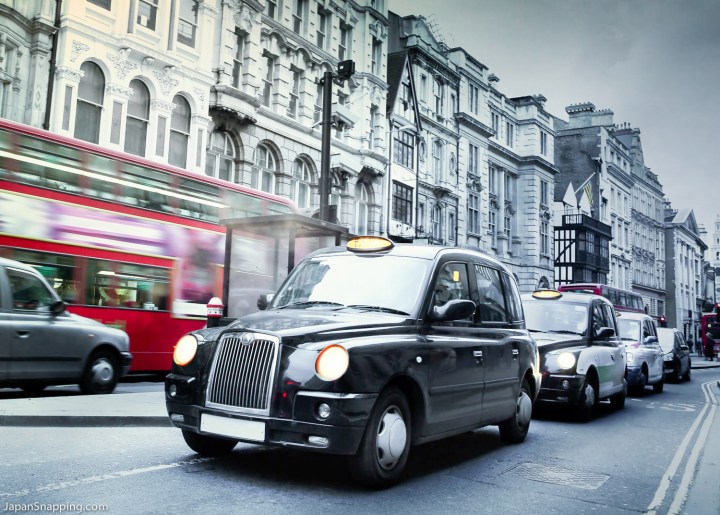
The cabbies insist they don’t want to drive Uber out of town, but say it should face the same strict regulations as those imposed on the capital’s taxi industry.
Indeed, the same issue has caused similar protests against Uber in many cities around the world in recent years as the authorities responsible try to work out how best to deal with such “sharing economy” businesses, which also include the likes of Uber-rival Lyft and accommodation-finder Airbnb.
Much of the London cabbies’ anger is directed toward Transport for London (TfL), the transportation authority responsible for regulating the city’s taxi industry. Ever since Uber rolled into town in 2012, the black-cab drivers have said repeatedly that TfL gives the company an easy ride, creating conditions that it says threaten not only their livelihoods, but passenger safety, too.
Fighting to stay on the road, Uber often claims it’s not a taxi service but a technology company with an app that connects drivers and riders, and as such isn’t subject to the same regulations as those imposed on the traditional taxi industry.
Commenting on the cabbies’ protest, Jo Bertram, Uber’s regional general manager, told the London Standard, “Of course competition has affected the taxi trade, but it can also lead to service improvements and a better experience for passengers over time.”
Meanwhile, Jim Kelly of the Unite union claimed TfL and the city’s mayor were reluctant to crack down on Uber, telling London24, “It’s clear that the government [and] London mayor Boris Johnson….have all seriously taken against the black-taxi trade in London, a taxi trade which consistently comes out top in terms of value and service compared to other cities around the globe.”
Perhaps the cabbies’ best hope is George Galloway, a colorful British politician best known in the U.S. for his fiery performance at a Senate subcommittee hearing back in 2005. Speaking to a small crowd at the London protest on Wednesday, Galloway said that if he’s elected mayor of the city in the upcoming May vote, he’ll “run Uber out of London,” a statement he later repeated on Twitter.
While we don’t ever envisage that happening – for starters, opinion polls suggest Galloway won’t win the election – there’s still clearly much work to be done before Uber and the black-cab industry can have any hope of happily coexisting on the busy streets of London.


